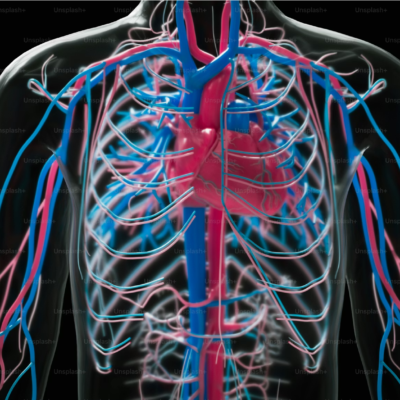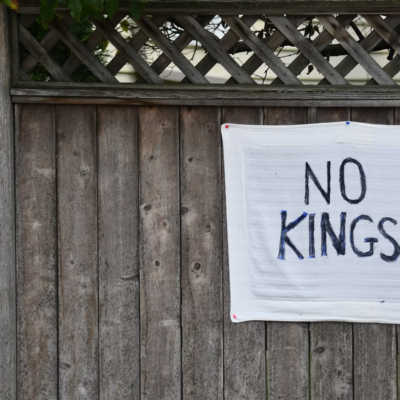Body Shaming Trump Isn’t Funny – It’s Hateful
Trigger Warning: This article contains discussions about eating disorders. If you or someone you know needs help with this, visit the National Eating Disorders Association website or contact their phone hotline for further professional support at: 1 (866) 662-1235, M-F, from 9:00 AM ET-7:00 pm ET.
I, like many children raised in hyper-liberal homes, spent the days leading up to the 2016 Presidential Election watching satirical television clips until the images of Alec Baldwin’s Trump and Kate McKinnon’s Hillary Clinton were burned into my mind. On command, I could recite jokes about Trump’s small hands and couldn’t eat a clementine without making an absurd comparison to the candidate’s skin tone. I was too young to fully grasp any of his policies and too scared to fixate on his history of sexual assault. But his round stomach and excessive fluffy hair were easy targets.
Trump’s 2016 Presidential victory didn’t stop jokes about his appearance. Instead, this win continued to provide so-called comics with new source material. For the next four years, every press conference had a satirized interpretation come out a day later with the then-president portrayed as especially overweight with messy hair on broadcasts like Late Night With Seth Meyers. Without fail, Trump’s physical attributes — along with his exaggerated speech patterns — became comedic headlines. As we’ve gotten deeper into the 2024 election cycle, these jokes have reappeared.
Only this time, I’m not laughing.
Jokes about people’s appearance, especially around something that’s become as stigmatized as weight, are generally accepted as not okay in our society. But when it comes to Trump, people seem to put their moral understanding of mocking someone’s physical appearance on a completely different level. After all, the man is known for being misogynistic and saying horrible things about women’s appearances all the time. He once called Miss Universe winner Alicia Machado Miss Piggy.
Doesn’t he deserve a taste of his own medicine?
What people fail to realize is that the remarks they make about Trump’s appearance are born out of the same context that his jokes about women are. Both are based on Eurocentric beauty standards and a systemic anti-fat rhetoric baked into our society that have the power to hurt people — no matter how awful the things they’ve done are. Making jokes about Trump being fat sends the message that it’s okay to make jokes about any person being fat, which encourages these hateful remarks to grow.
Plus, Trump’s political power isn’t being hurt by these body-image critiques — looking at how tight the 2024 Presidential Election race makes this abundantly clear (via The New York Times). If anything, Trump has embraced the fixation on his body and diet. (See: his McDonald’s photoshoot that took the Internet by storm.) Maybe he hears some of the jokes late night hosts make about his appearance, and, maybe, (somewhere deep down) they hurt his feelings. But hurt feelings aren’t gonna make him a better president. They’ll just make him more angry, spiteful, and motivated to project that pain onto others.
While Trump might not be hurt by or even be listening to these fat shaming messages, other people are. I am, and I was when I was nine, and I was four years later when I tried to starve myself down to nothing because I thought a fat body was the worst thing I could have.
I’m not saying that some random comment my mom retweeted or a clip from Seth Myers is what gave me an eating disorder. However, actions like these do reinforce the idea to all that fatness is bad and a thing to be ridiculed. Given the millions of people in America who’ve gone down the same starving path as me, the last thing we need is to reinforce these damaging ideas.
There are a lot of things wrong with Trump, but his physical appearance isn’t one of them. Every fat-shaming comment is one that draws attention away from his racist rhetoric against immigrants or his blatant disrespect of women’s autonomy. If you want to criticize Trump, criticize his policies, not his looks. Bodies aren’t harmful on their own, even when the people inside them are awful. So stop mocking them.










